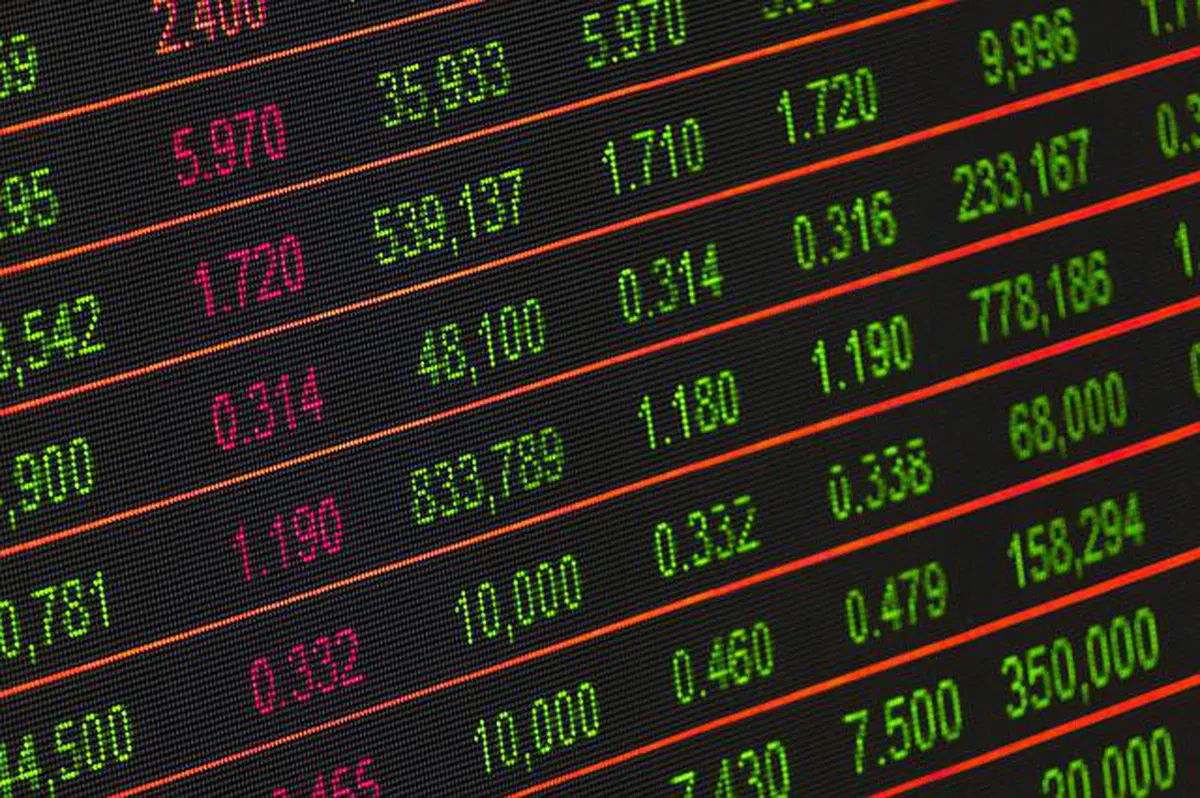Major markets across Asia-Pacific broadly fell this week as US consumer prices released showed that inflation stayed firm, and its central bank indicated it was in no hurry to cut interest rates.
Japan’s Nikkei 225 was down nearly 2.2 per cent for the week to 38,642.91, while Hong Kong’s Hang Seng index slumped around 6.25 per cent to 19,432.60. China’s CSI 300 fared better, falling 3.3 per cent. Australia’s ASX 200 turned in a slight decline to 8,285.20, and Singapore’s STI was marginally down by 0.1 per cent in the final hour of trade.
Overall, the MSCI Asia ex-Japan index chalked up a 4.27 per cent weekly loss by Friday (Nov 15) afternoon during Asia trading hours.
US Fed chairman Jerome Powell said on Thursday that inflation is not quite meeting the central bank’s 2 per cent goal yet, and the US economy stayed strong, as he signalled that the central bank will remain cautious on cutting rates.
One bright spot was the better-than expected economic data out of China on Friday, with official figures showing that retail sales beat forecasts. However, data indicated that its industrial production growth edged down from the previous month.
Its new home prices released also on Friday showed that they fell the fastest in nine years, but officials said that those were bottoming out, reported Reuters.
BT in your inbox
Start and end each day with the latest news stories and analyses delivered straight to your inbox.
However, mainland and Hong Kong-listed shares were still muted by Friday’s close. Hong Kong’s Hang Seng index marginally rose only 0.04 per cent while the mainland’s CSI 300 fell 1.75 per cent on the day.
DBS in a note on Friday said that China’s stimulus measures in recent months will help its economy, predicting that the Asian giant can maintain 5 per cent growth in 2024 and 2025.
The bank’s economists however flagged risks to the country’s exporters from likely increased US tariffs in a Trump administration.
“The actual impact may prove even less severe. First, it will take time for the US to execute the additional tariff by phase if it happens. Also, the new US administration is likely to raise tariff on other countries, which could dilute the specific effect on China,” DBS economists wrote.






